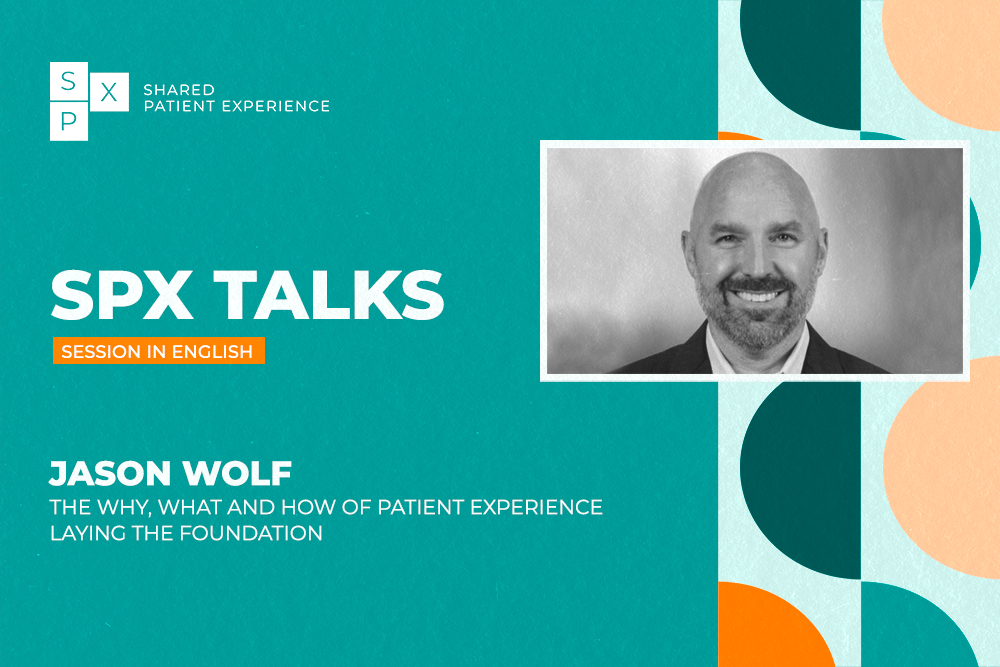
“What Matters” to Older Adults? A Toolkit for Health Systems to Design Better Care for Older Adults
In March 2012, Michael Barry, MD, and Susan Edgman-Levitan, PA, introduced the concept of asking patients “What matters to you?” in addition to asking “What’s the matter?”. Their goal was to increase healthcare providers’ awareness of critical issues in their patients’ lives that could lead to customised care plans.
“What Matters” is the basis of the “Age-Friendly Health Systems” initiative, which comprehensively encompasses four elements of evidence-based care for older adults: What Matters (know and align care with the specific health outcome goals of each older adult and their care preferences including, but not limited to, end-of-life care, across care settings), Medication (if medication is necessary, use age-friendly medication that does not interfere with end-of-life care, mentation or mobility of older adults across care settings), Mentation (prevent, identify, treat and manage dementia, depression and delirium across care settings) and Mobility (ensure that older adults move safely every day in order to maintain function and do What Matters). The “Age-Friendly Health Systems” initiative defines “What Matters” as knowing and aligning care with each older adult’s specific health outcome goals and care preferences including, but not limited to, end-of-life care, and in all care settings. The aim is to align care and decisions with the older adult’s health outcome goals.
Within the framework of the “Age-Friendly Health Systems” initiative, the “What Matters” element ensures ongoing communication and relationship building with older adults and their carers. Instead of one-off conversations between older adults and clinicians, “What Matters” conversations should take place at multiple points of care, such as annual visits, major life events or changes in health status) and be coordinated among all members of the care team.
Establishing a system to understand, document and act on “What Matters” to older adults in healthcare organisations requires a change in organisational culture as well as clinician training and specific changes to workflows and the electronic health record. “What Matters” is of great importance to older adults, carers and health workers.
Within the framework of the “Age-Friendly Health Systems” initiative, “What Matters” to the older adult is the basis for the relationship with the care team and shapes the care they receive. The “What Matters” initiative integrates care and decision-making across care settings. “What Matters” is not limited to end-of-life planning. It is therefore essential to the older adult, the care team and the health system that what matters to each older adult is identified, understood and documented so it can be acted upon and be updated across care settings following changes in care or life events.
While fundamental to person-centred care, the practice of “What Matters” is the least developed of the 4Ms. Due to its importance and the need to develop it further in practice, this “What Matters” to older adults toolkit was developed by IHI with support from the SCAN Foundation. Bringing together the best available evidence from health systems around the world, the toolkit is a starting point and an invitation to learn together how to better understand and act on “What Matters” to older adults and measure progress in doing so.
This toolkit covers the following topics:
- Important considerations for “What Matters” conversations: “What Matters” conversations at certain care touchpoints; “What Matters” conversations as part of routine and recurring care
- Who should initiate a “What Matters” conversation?
- What to discuss in a “What Matters” conversation?
- Understanding life context and priorities
- Anchoring treatment in goals and preferences
- How to prepare older adults and carers for a “What Matters” conversation
- How to conduct an effective “What Matters” conversation: Before the conversation;
- During the conversation; After the conversation
- Documenting “What Matters” information
- Incorporating “What Matters” information into the care plan
- Measuring “What Matters”
The practice of asking “What Matters” is gaining ground around the world. However, there is still a gap between what healthcare providers know about what matters to their patients and the care patients receive in accordance with their goals and preferences. This toolkit has been designed to bring together the best available current information on how clinicians and healthcare organisations can ask and act on “What Matters” to older adults, and ensure that each older adult’s health outcome goals and care preferences are understood, captured and integrated into their care.
Even as the number of older adults engaged in “What Matters” conversations increases, this area still needs to be developed and tested. This toolkit is a starting point and an invitation to learn together how to better understand and act upon “What Matters” and measure progress made in this area.



